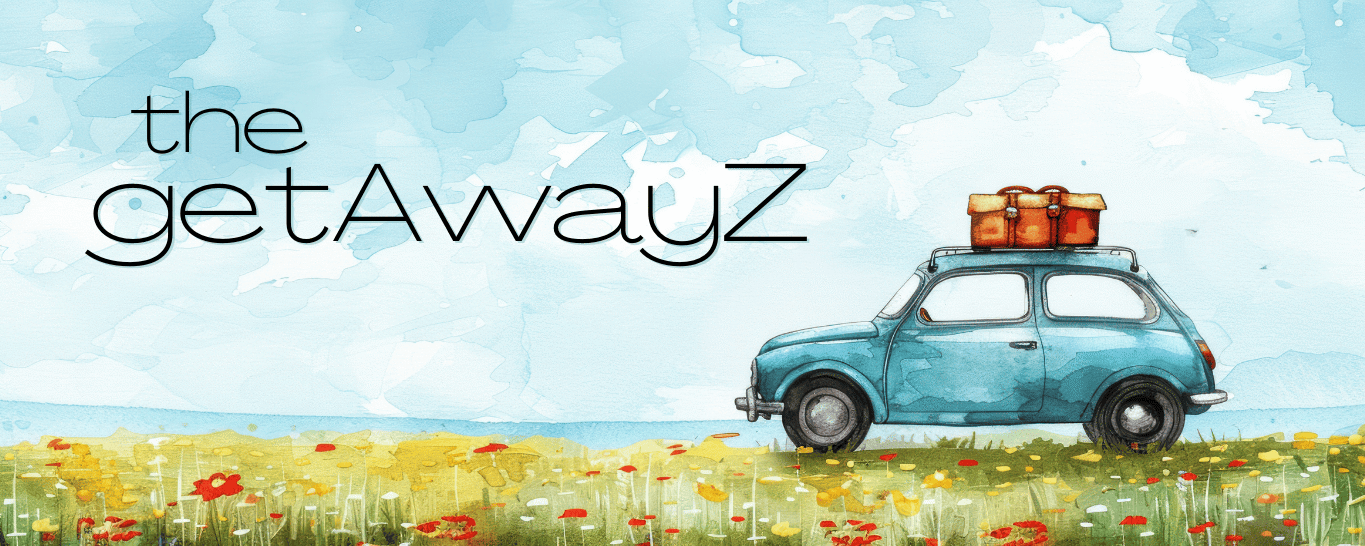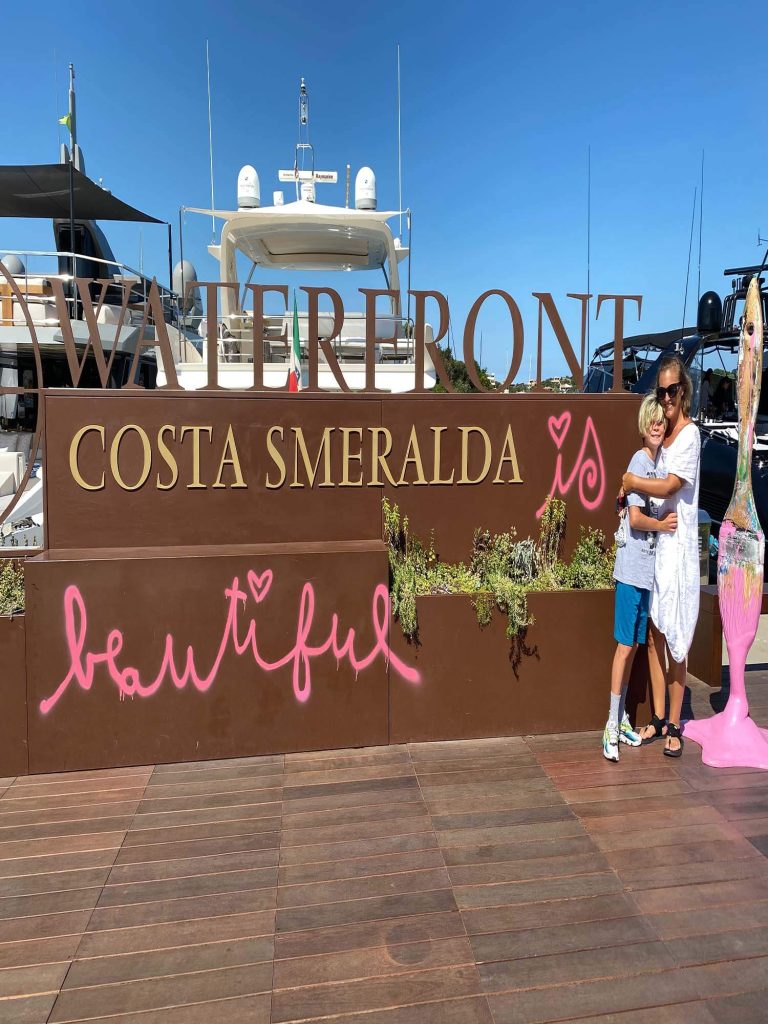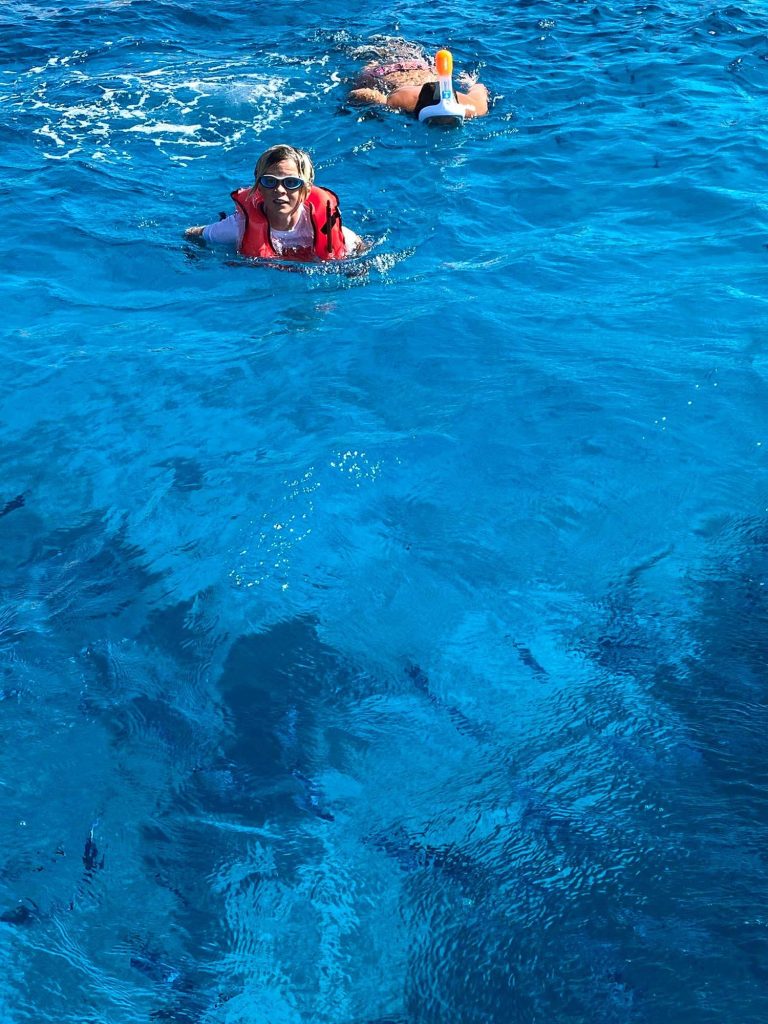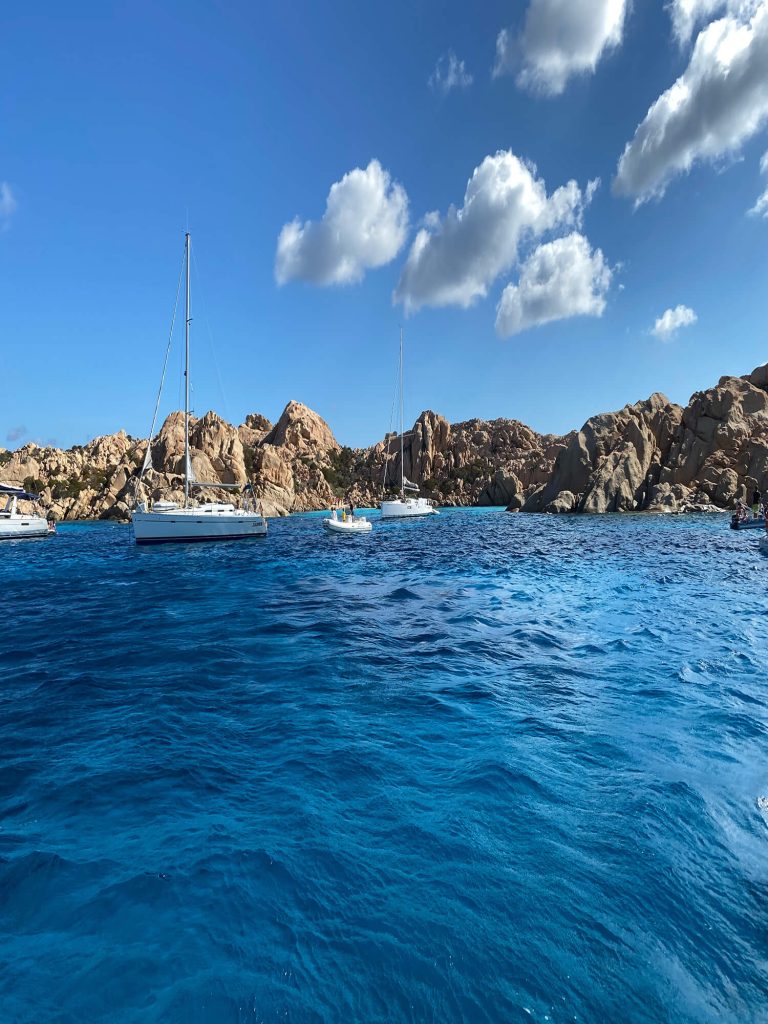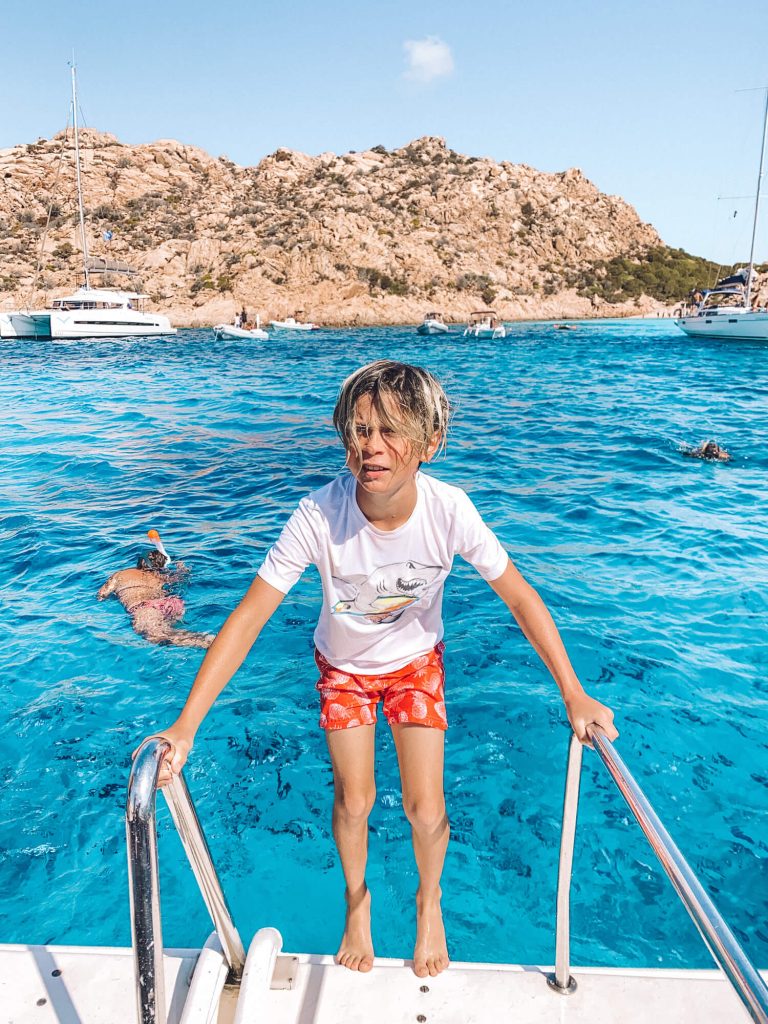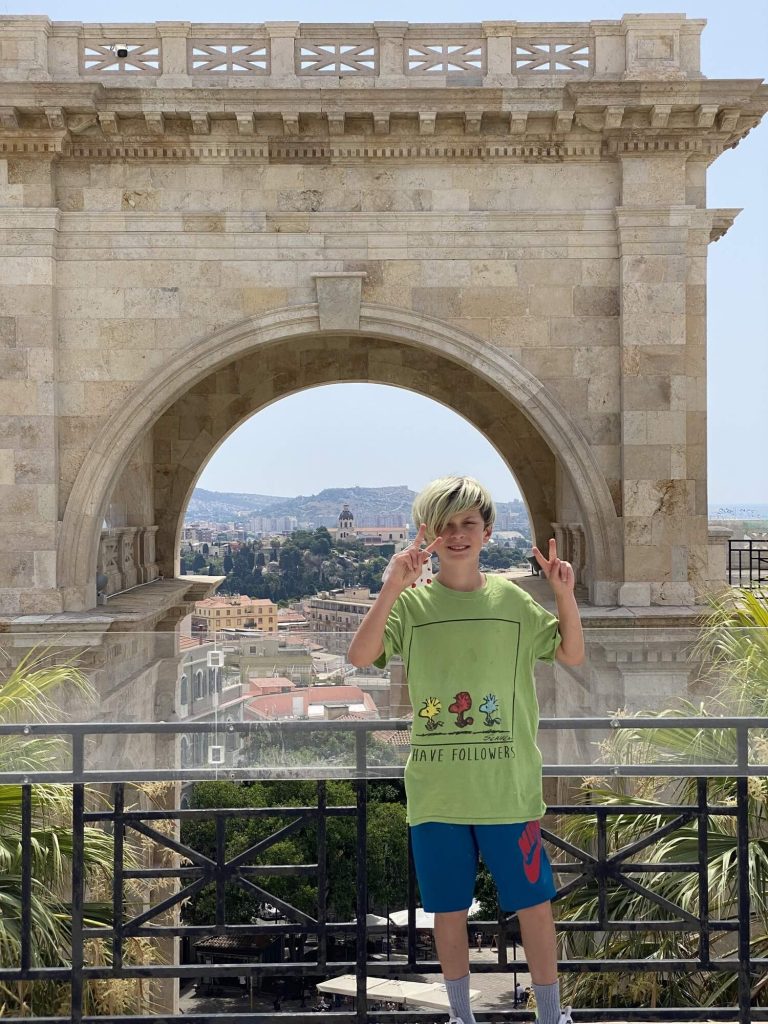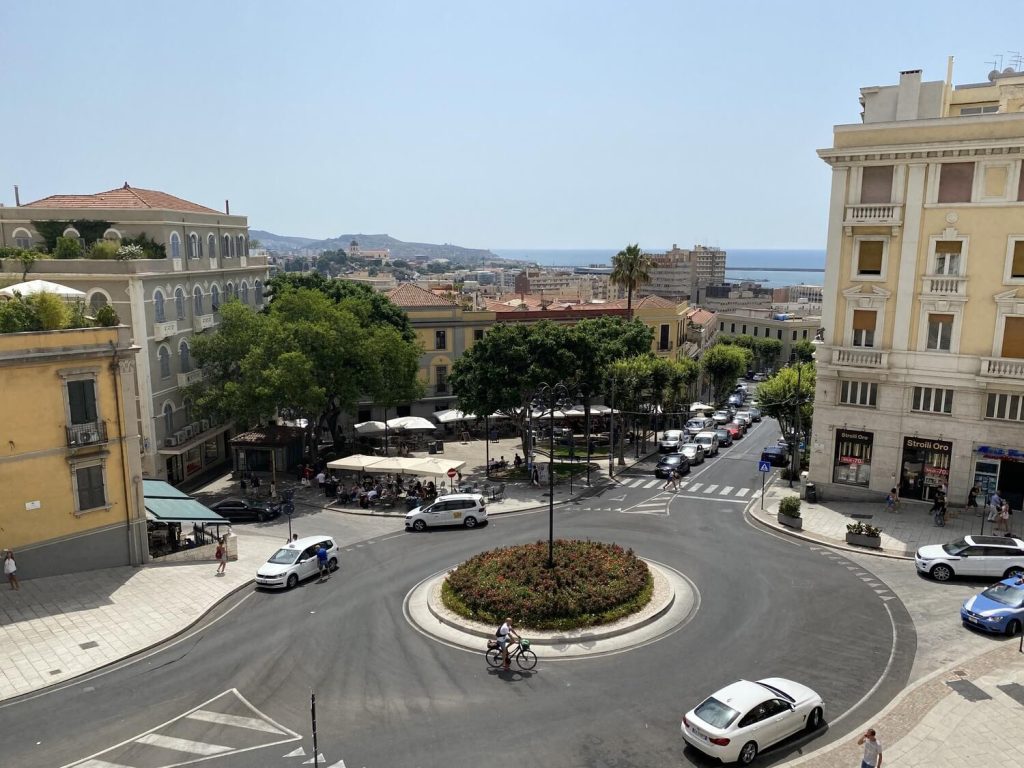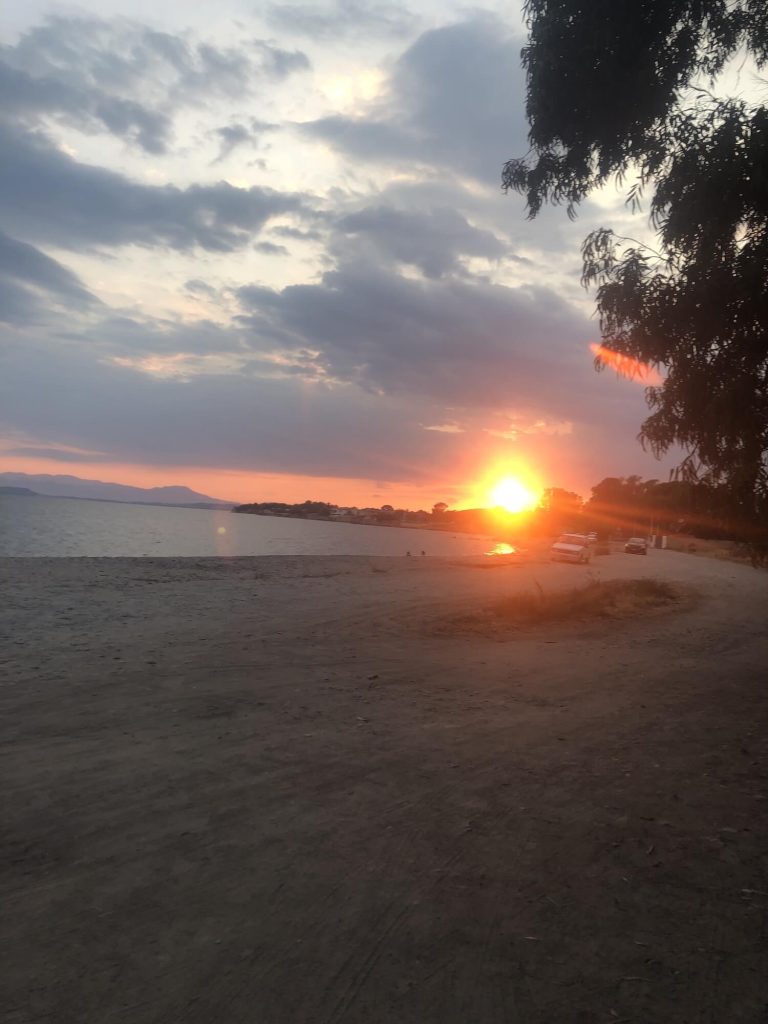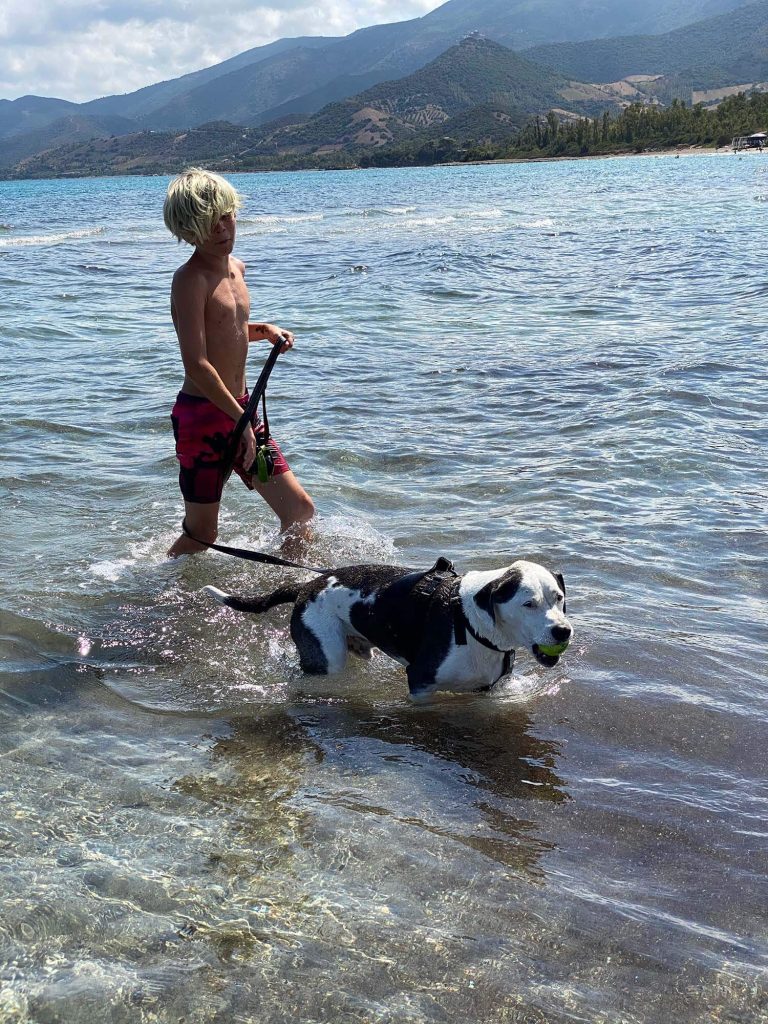Sardinian Summer: Sun, Sea and Amazing Food
Sardinia is the second largest island in Italy and the Mediterranean after Sicily, and it’s one of Italy’s 20 regions.
Located in the Mediterranean Sea, west of mainland Italy and just south of Corsica, Sardinia feels like a world apart. It’s one of five autonomous Italian regions, with its own language (Sardinian) in addition to Italian. The island’s coastline stretches roughly 1800 km (or 1100 miles), wrapping around emerald water, white sand beaches, and dramatic cliffs.
Planning a beach trip to Italy? This Sardinia travel guide covers the best beaches, places to stay, what to eat, and how to enjoy the island like a local.
What We Loved 🏖️
The Beaches
The clearest water we’ve ever seen. If you want a relaxing beach trip with nothing but sun and sea, Sardinia is perfect. If you want a mix of beaches and historic towns, then Sicily might be a better fit. Both are stunning, but Sardinia wins for pure beach time.
The Scenery
The island is full of lush green hills, rugged mountains, and hidden beaches. It feels peaceful and natural.
The Quiet
On our first trip, we stayed in Tertenia, a less touristy part of the island. We had a beach just two minutes from our front door, and it was perfect for evening swims after dinner. If you’re using this Sardinia travel guide to plan your first trip, we recommend starting on the quieter east coast.
Where We Went
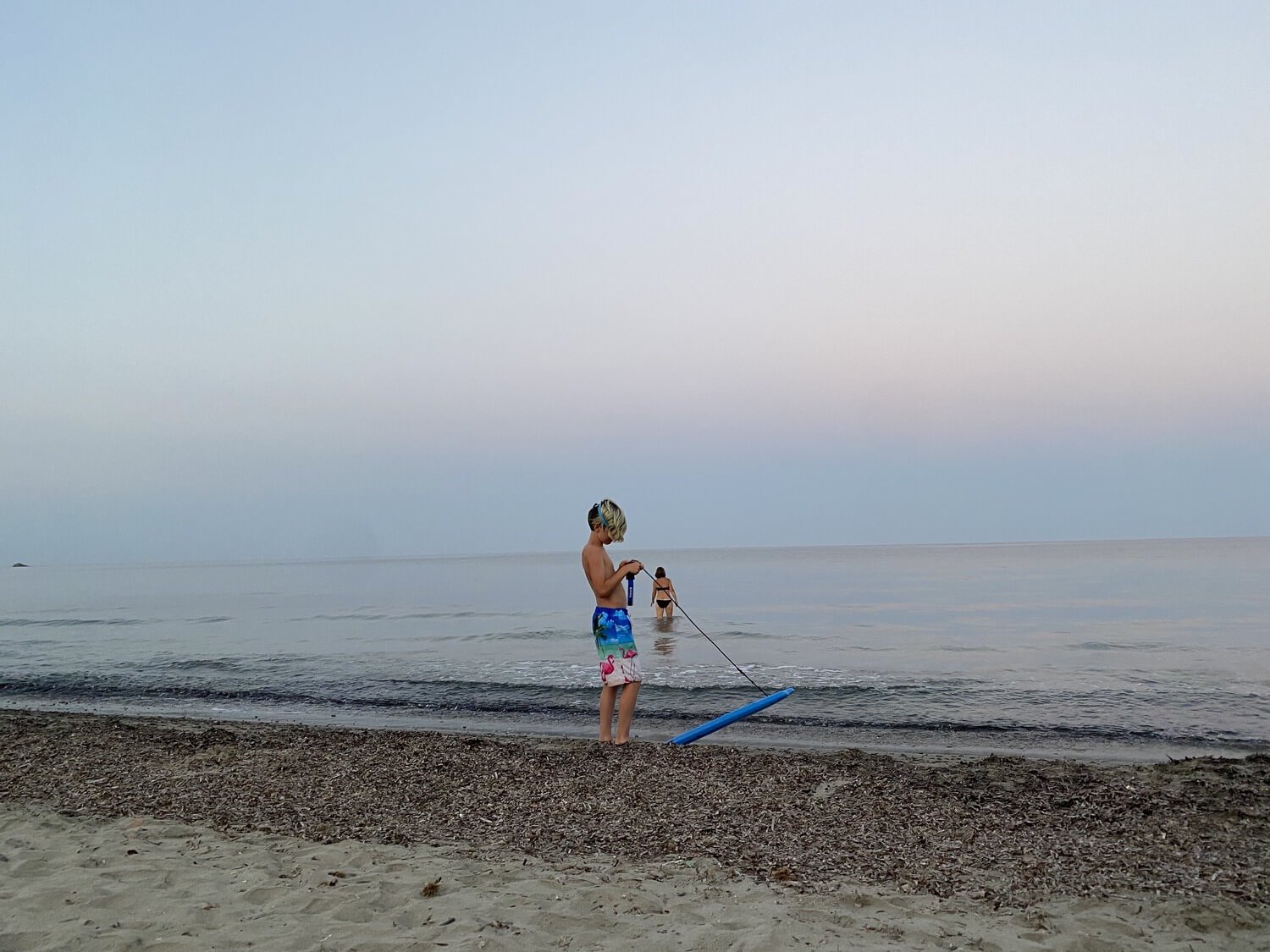
Tertenia and the East Coast
This small town on the southeast side of the island was our base for our first visit. It’s a bit remote but worth it if you want quiet. We explored nearby beaches like Foxy Manna and enjoyed the slower pace.
Costa Smeralda
At the end of that trip, we spent a few days in the north around Costa Smeralda. It felt totally different. This area is high-end and full of yachts, designer stores, and glossy beach clubs. We did a boat tour that was one of the best parts of the trip. The water was crystal clear, and we saw schools of fish while snorkeling.
Cagliari and the South
Our second trip had a more relaxed feel. We stayed near Cagliari, the largest city in Sardinia. We rented a house near the beach and swam at night, then took short drives during the day to explore other beaches.
We also booked a jeep tour to five hidden beaches you normally can’t reach by car. It was a highlight. Beautiful, quiet places with a great local guide.
What We Ate 🍝
Traditional Sardinian Foods:
- Pane carasau – crisp flatbread
- Malloreddus – small pasta shaped like shells
- Fregola – tiny round pasta balls
- Bottarga – salted and dried mullet roe
- Pecorino Sardo – hard, grainy sheep’s milk cheese
- Seafood – lots of it, and always fresh
Drinks to Try:
- Mirto – a liqueur made from the berries of the myrtle plant
- Limoncello – sweet and sharp
- Vermentino – crisp, drinkable white wine
- Cannonau – the local red, smooth with a higher alcohol content
Tips for Traveling with Kids 👙
Many beaches offer water parks with inflatables you can rent by the hour. Calm waters make swimming easy, and boat rentals are available at lots of popular beaches.
Sardinia With Dogs: What to Know 🐾
We found dog-friendly beaches on both trips. Our dogs swam with us after dinner, and we brought them to restaurants too. Like in most of Italy, outdoor dining spots tend to be dog-friendly. Just watch for hot pavement during the summer.
Want More Like This?
If you liked this Sardinia travel guide, check out these related reads:
🎧 Listen to the Podcast
Want to hear more about our trips to Sardinia? We talked all about where we stayed, what we ate, and how to plan your own Sardinian beach getaway on the podcast.
Listen to the episode here.
Sardinian Beach Day Must-Haves
Wondering what to bring? These are the exact things we pack for beach days in Sardinia. From our go-to European sunscreen to waterproof beach shoes and gear that actually works, everything listed has been tested and used on our trips.


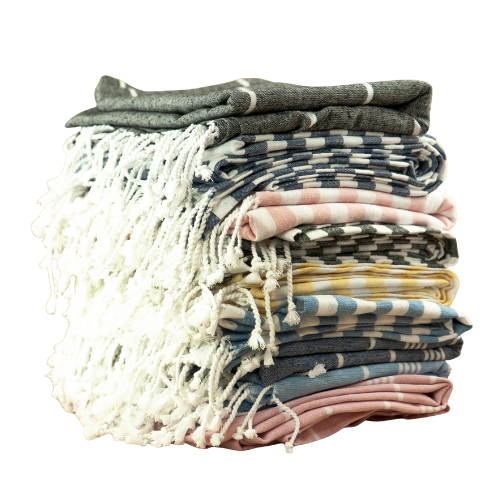
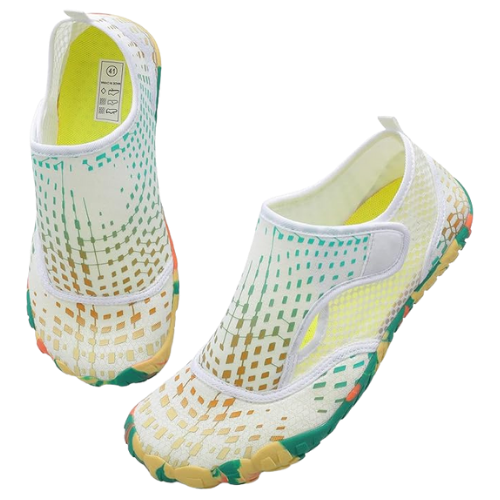
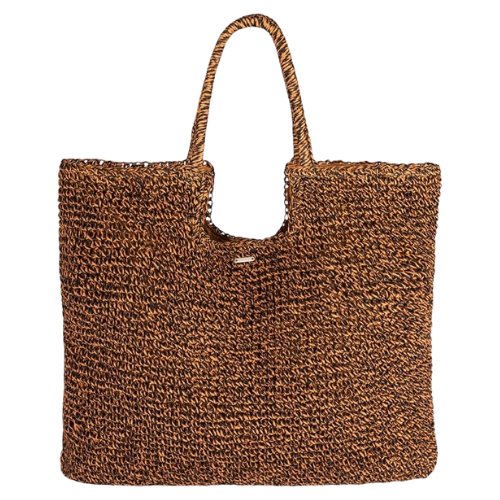
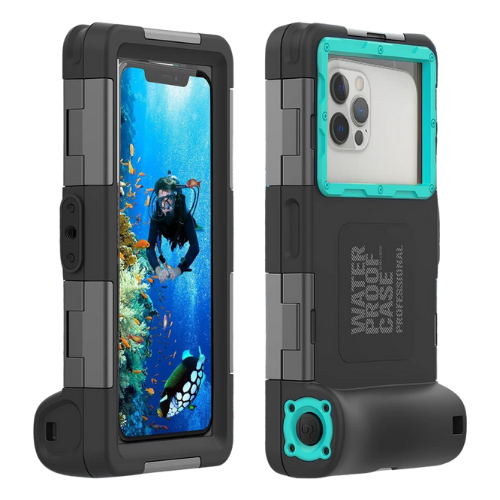
This edit includes affiliate links. We only share products we use and love. If you buy through our links, we may earn a small commission – at no extra cost to you.
